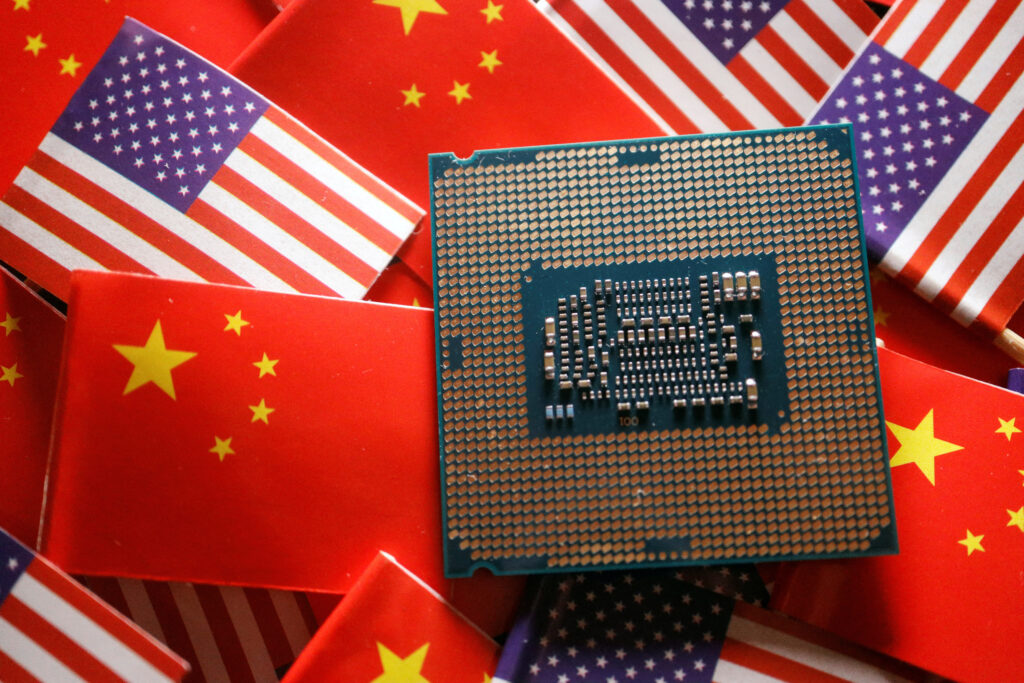
Chinese companies are ramping up their efforts to develop an alternative to Nvidia’s AI chips, but significant hurdles remain. The U.S. sanctions, coupled with Nvidia’s dominance in AI chip technology, have created substantial roadblocks for Beijing’s ambitions to reduce dependence on American technology. Companies such as Huawei, Alibaba, and Baidu, alongside startups like Biren Technology and Enflame, are attempting to bridge the gap. However, experts believe these firms are still behind Nvidia in terms of general-purpose GPU technology, making short-term competition unlikely.
One of China’s biggest challenges in this endeavor is the U.S. Entity List, which restricts access to key American technology for several Chinese firms. Additionally, manufacturing restrictions on Taiwan Semiconductor Manufacturing Co. (TSMC), due to U.S. sanctions, have further hindered China’s progress. As a result, Chinese firms have turned to domestic manufacturer SMIC, which is still behind TSMC in chip-making capabilities. This technology gap, coupled with limited access to essential machinery from Dutch firm ASML, is another significant obstacle.
Nvidia’s success is not just hardware-based; the company’s CUDA software platform plays a crucial role in supporting developers and building a comprehensive ecosystem. Replicating this ecosystem has proven difficult for Chinese companies, adding to their technological lag. Huawei, one of the leading competitors, has made strides with its Ascend series of processors, with the upcoming Ascend 910C potentially rivaling Nvidia’s H100. However, Huawei still faces challenges in maintaining innovation and quantity due to U.S. export controls affecting SMIC’s production capabilities.
Despite layoffs in startups like Biren Technology and Moore Threads over the past two years, there remains optimism in the sector. Companies such as Biren and Enflame are seeking IPOs to raise capital for future growth. These firms are staffed with experienced professionals from industry leaders like Nvidia and AMD, but they lack the financial strength of giants like Huawei, making funding crucial to their long-term prospects.
Featured Image courtesy of East Asia Forum
Follow us for more updates
